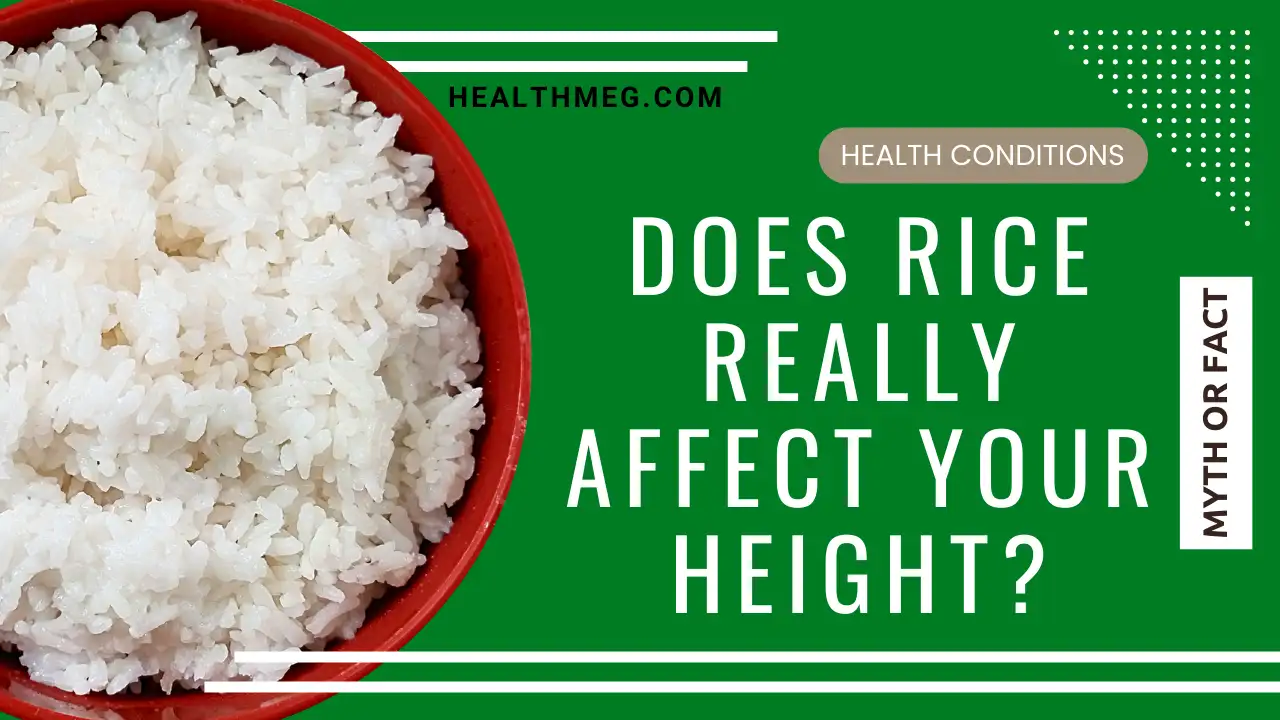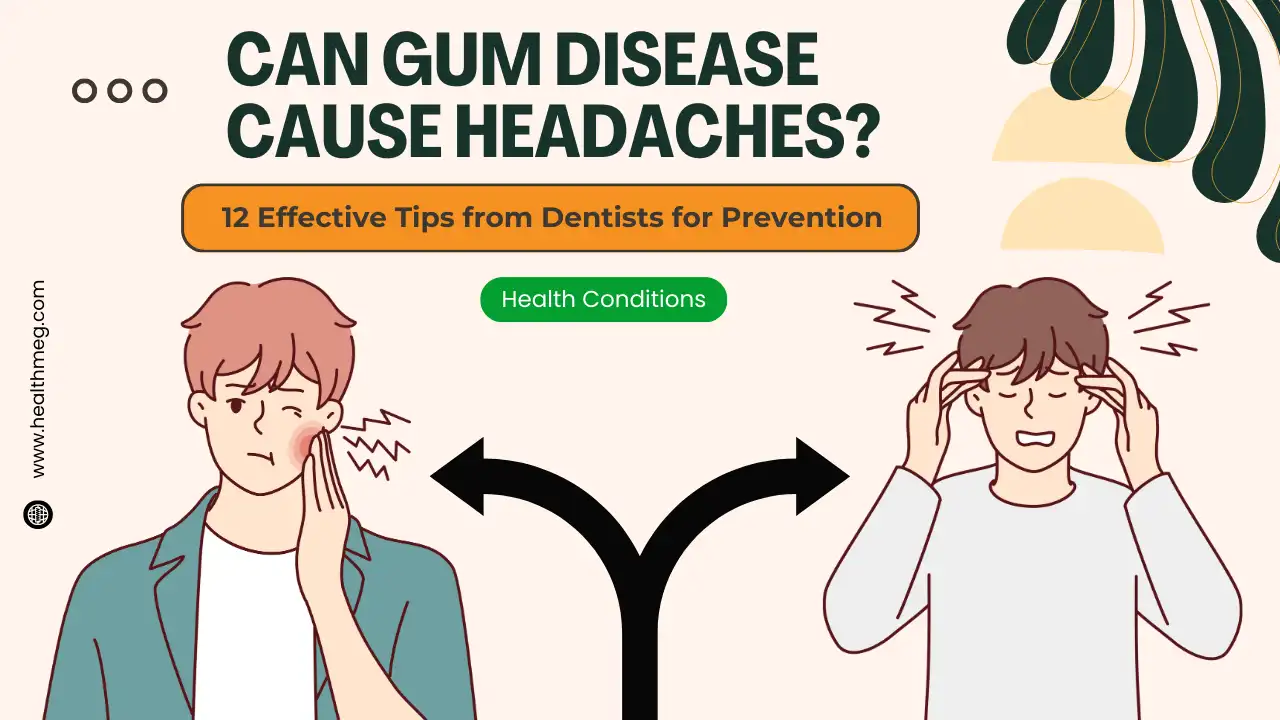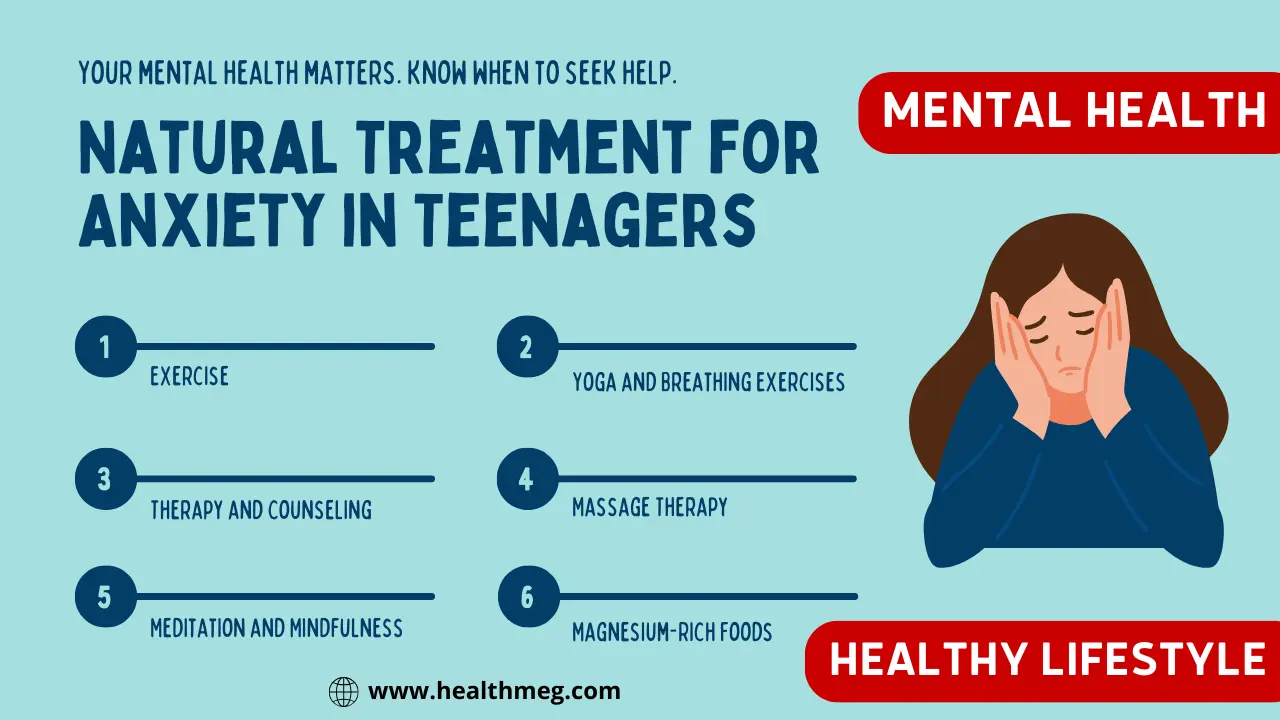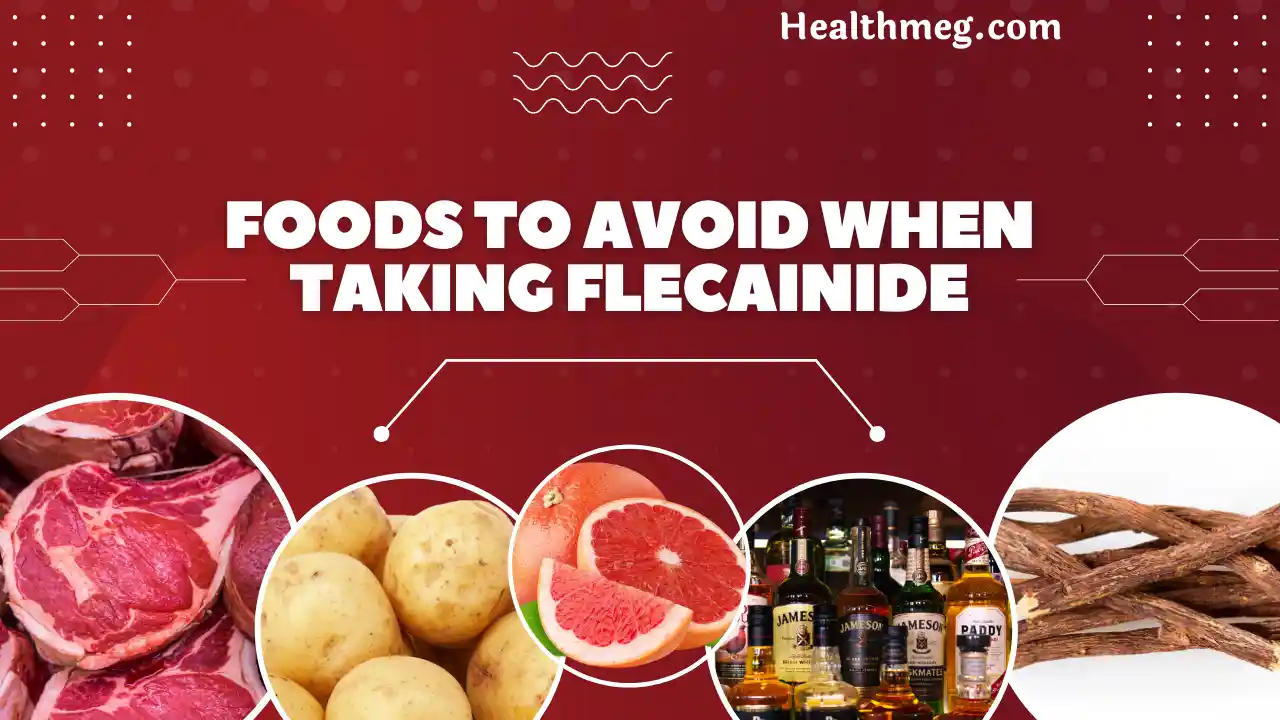Introduction
“Does rice really affect your height? or Does Rice Stunt Growth? or Does rice make you shorter?” This query is often posed by parents aiming to optimize their children’s growth. The widespread myth that consuming rice hinders growth necessitates a thorough examination to uncover the truth.
In this discussion, we will delve into the science connecting rice and height. We will explore the fundamentals of height growth, dissect the nutritional composition of rice, and determine if there’s any validity to the notion that rice impacts height.
Do read the People Also Ask (FAQs) about this topic.
Key Takeaways
| Key Takeaway | Summary |
|---|---|
| Genetics primarily determine height | Genetics primarily determine the height |
| Nutrition affects the remainder of height potential | While genetics set the baseline, nutrition and other lifestyle factors shape the remaining ~20% of height capacity. Nutrient deficiencies can restrict someone from reaching their full growth potential. |
| Rice does not directly impact height | Research shows no direct link between rice consumption and impaired growth or shorter stature. Eaten in moderation as part of a complete diet, rice does not affect height. |
| Overall balanced nutrition optimizes growth | Genetics primarily determine the height |
| Multiple aspects influence bone development for height | Height depends on the synchronized actions of growth hormones, sex hormones, thyroid hormones, adequate nutrition and nutrients like protein, calcium, phosphorus, magnesium, zinc and vitamins A, B, C, D and K. |
Debunking the Myth: Does Rice Really Affect Your Height? (Does Rice Stunt Growth or Does Rice Make You Shorter?)
After reviewing multiple scientific studies about rice, growth, and nutrition, the answer is NO: rice alone does not have a significant impact on height. When eaten as part of a varied diet, rice does not impair growth.
Genetics and proper nutrition are the primary factors in achieving maximum height potential. By assessing the evidence, we can finally reveal the reality about rice and height.
Understanding the Basics
Now, we probe into the supposed effect of rice on height, let’s first comprehend what governs height growth and the role of nutrition, including the question, “is rice good for height growth”, in this process.
What is Height Growth?
Human height is influenced by both genetic and non-genetic factors. Genetics account for approximately 80% of height variation within a population. The remaining 20% is swayed by external elements such as nutrition, environment, hormones, and health status.
Height growth transpires through a procedure known as endochondral ossification. This involves the elongation of long bones during childhood and puberty. It depends on the synchronized actions of growth hormones, thyroid hormones, sex hormones, adequate nutrition, sleep, and exercise.
The pivotal periods of growth occur in infancy, early childhood, and puberty. During these phases, the body necessitates sufficient calories, protein, vitamins, and minerals to optimize growth potential.
The Role of Nutrition in Height Growth
Nutrition supplies the essential components and regulatory factors required for growth. Protein-rich foods facilitate tissue repair and the production of growth hormones. Minerals like calcium, phosphorus, magnesium, and zinc perform structural and functional roles in bone development.
Vitamins A, B complex, C, D, and K aid mineral absorption and bone metabolism. Adequate calories and macronutrients equip children with the energy needed for growth. Micronutrient deficiencies during critical growth periods can limit height potential.
Thus, a balanced diet comprising nutrient-dense whole foods assists children and teens in reaching their genetic height capacity. However, there’s a common question that arises: Does rice stop height growth? Let’s delve into this topic further.
The Rice Controversy
Rice has recently been singled out for allegedly impairing height growth. But what evidence substantiates this widespread belief? Let’s scrutinize the facts.
The Common Misconception About Rice and Height
There’s a prevalent perception that consuming rice results in shorter stature. This belief probably originates from observations of height disparities between Asian and Western populations. However, it’s important to address the question, can rice stunt your growth?
Historically, Asian nations with rice-centric cuisines exhibited significantly shorter statures than Western countries. Consequently, people associated rice consumption with suboptimal height outcomes.
However, this comparison is an oversimplification that lacks appropriate context. Height is multifactorial, and comparing populations involves numerous confounding variables.
While observational data reveals height differences between these broad dietary patterns, a cause-and-effect relationship cannot be established. In reality, rice intake alone does not appear to impact height.
The Nutritional Content of Rice
Contrary to popular belief, rice is a nutritious food when consumed in conjunction with other healthy foods. The most common variety – white, long-grain rice – is a staple food in many cultures. But the question arises, does rice increase height?
A cup of cooked rice provides:
| Nutrient | Amount |
|---|---|
| Complex carbohydrates | 45 grams |
| Protein | 4 grams |
| Thiamin (DV) | 15% |
| Niacin (DV) | 4% |
| Vitamin B6 (DV) | 2% |
| Sodium | None |
| Fat | None |
| Cholesterol | None |
| Gluten | None |
Brown rice offers more protein, fibre, vitamins, minerals, and antioxidants. Enriched white rice is fortified with nutrients like folic acid.
So in moderation, as part of a nutrient-dense diet, rice can contribute valuable nutrition without necessarily impairing height growth.
The Science Behind the Myth
While rice consumption shows little impact on height by itself, other dietary factors can influence growth. Let’s analyze the science behind diet, growth, and rice’s role especially addressing the question, does rice stop you from growing?
How Diet Affects Height: The Science Explained
The belief that rice stunts growth is not strongly rooted in science. However, suboptimal nutrition intake during critical growth periods can restrict someone’s height potential.
Human studies demonstrate that severe malnutrition limits attained height. But minor deficiencies may also impair growth hormones, delay puberty, and weaken bones – subtly impacting height.
Protein and minerals like calcium and zinc are important for proper skeletal development. Vitamin D regulates calcium absorption and metabolism to enable bone mineralization.
Micronutrient deficiencies are unfortunately common worldwide – even in rice-eating communities. So while rice itself does not likely affect height, poor diet quality might contribute to growth stunting.
Does Rice Directly Affect Height Growth?
The answer is NO. Contrary to popular opinion, research does not indicate that rice consumption directly affects height, nor does it support the claim that can rice make you shorter.
Several high-quality studies have analyzed Asian populations and found no association between rice intake and impaired growth. Even in rural Asian communities that depend on rice as a staple food, differences in height have not been linked to levels of rice consumption.
However, one study in the Philippines showed that adolescent girls eating vitamin-enriched rice grew slightly taller than those consuming non-enriched rice. This indicates that rice does not restrict growth when consumed alongside other nutrient-dense foods.
The evidence points to the overall diet pattern being more important for optimizing height than any specific food like rice.
Balanced Diet: The Key to Growth
While rice itself shows little impact on height, the key to reaching one’s growth potential lies in an overall balanced diet. Let’s discuss why nutrition matters and how to support healthy development.
The Importance of a Balanced Diet for Growth
To maximize the genetic height potential, children and teens need a nutrient-packed diet with:
- High-quality proteins like lean meats, eggs, legumes, nuts and seeds
- Calcium and vitamin D-rich dairy products
- Colourful fruits and vegetables
- Whole grains (like brown rice)
- Adequate calories for energetic growth
Instead of demonizing certain foods, optimal height depends on getting sufficient macro and micronutrients, especially protein, calcium, vitamins D and B12, magnesium, zinc and phosphorus. Deficiencies in any of these can disrupt growth.
Rice lacks some of these nutrients. However, incorporating rice as part of a balanced meal plan still provides an affordable, gluten-free carb source that fuels growth. Therefore, the notion that eating rice can make you shorter is not supported by scientific evidence. It’s important to note that “does eating rice make you shorter” is a misconception. Rice, as part of a balanced diet, does not stunt growth.
Other Essential Nutrients for Height Growth
Here is an overview of key nutrients, their food sources and how they influence height specifically:
| Nutrient | Source | Role |
|---|---|---|
| Protein | Meats, legumes | Enables production of growth hormones and builds muscle and bone |
| Calcium and phosphorus | Milk, yogurt | Mineralize bone and support structure |
| Vitamin D | Seafood, sun, supplements | Enhances calcium and phosphorus absorption for bone health |
| Zinc | Meats, nuts | Boosts growth hormones and activates bone development |
| B Vitamins | Eggs, grains | Help convert food into energy to grow |
The takeaway is that nutrients work synergistically to facilitate growth through hormone function, skeletal development, and disease resistance allowing someone to express their height potential fully.
Tips for Constructing a Truly Growth-Promoting Diet
If you’re concerned about excelling in vertical reach, worry less about whether rice affects height. Instead, focus on the healthy foods proven to help you stand tall!
Here are dietitian-approved tips for supporting natural height potential:
- Enjoy a rainbow: Fill half your plate with fruits and vegetables in every meal for well-rounded nutrition, including bone-supporting vitamin K.
- Pick proteins wisely: Incorporate diverse lean proteins like fish, chicken, Greek yogurt, and eggs for essential amino acids.
- Know healthy fats: Don’t fear all fats! Heart-healthy fats like avocado, nuts, seeds, olive oil, and even full-fat dairy provide fat-soluble vitamins key for growth.
- Try supplements: For picky eaters or restricted diets, supplements like chewable multivitamins can help fill nutrient gaps critical for growth. Ask your doctor for personalized advice.
- Stay active: Exercise and sports support bone strength to maximize height. Aim for 60 minutes of heart-pumping physical activity daily.
- Prioritize sleep: Deep, restorative sleep enables human growth hormone production essential for growth. Kids need 9-12 hours nightly; teens 8-10.
While the right diet supports height growth, obsessing over excluding single foods won’t help. If rice is part of your native cuisine or you simply enjoy it, you need not ban it from your plate. Just take care to pursue overall healthy nutrition. Therefore, the notion that “does eating rice increase height” is not supported by scientific evidence. It’s important to note that no single food, including rice, can directly increase height. Height is influenced by a variety of factors including genetics, overall nutrition, and physical activity.
Conclusion
So, does rice really affect your height? or does rice make you taller? According to rigorous scientific analysis, rice consumption shows little to no effect on growth and final stature. The belief it stunts growth is an unfounded myth.
Instead, over 80% of height is shaped by non-modifiable genetics. The remaining 20% is influenced by nutrition, with protein, vitamins D and B12, zinc and calcium playing major roles. As long as children receive sufficient macro and micronutrients, rice eaten in moderation does not impair height trajectory.
In conclusion, rice itself does not determine height or stunt growth. A balanced diet supports reaching genetic height potential. Understanding the truth about rice allows for making sound dietary choices to nourish healthy, thriving children.
People Also Ask (FAQs)
Q) What foods affect height?
A) Foods that can affect height and growth include dairy, eggs, meat, healthy fats, oranges, broccoli, sweet potatoes, and beans. Getting sufficient protein, vitamins, minerals, and nutrients supports reaching your maximum genetic height potential.
Q) Does fast food affect height?
A) Yes, regularly eating fast food can negatively impact height if it replaces nutrient-dense whole foods in the diet. Fast foods often lack adequate protein, vitamins, and minerals vital for growth and development during youth and teenage years.
Q) Is rice good for getting fit?
A) Rice can be part of a fit diet, providing carbohydrates for energy. But protein sources like meats, fish, eggs, and plants are more important for building and maintaining fitness. Brown or wild rice varieties provide more nutrients than white rice. Portion size also matters.
Q) Does eating rice increase hair growth?
A) Rice doesn’t directly impact hair growth, but a balanced diet with sufficient protein, iron, zinc and vitamins A, C, and E is beneficial. Rice provides carbohydrates for the energy production needed for hair follicle cell metabolism and growth. Overall nutrition, genetics and stress levels influence hair.












